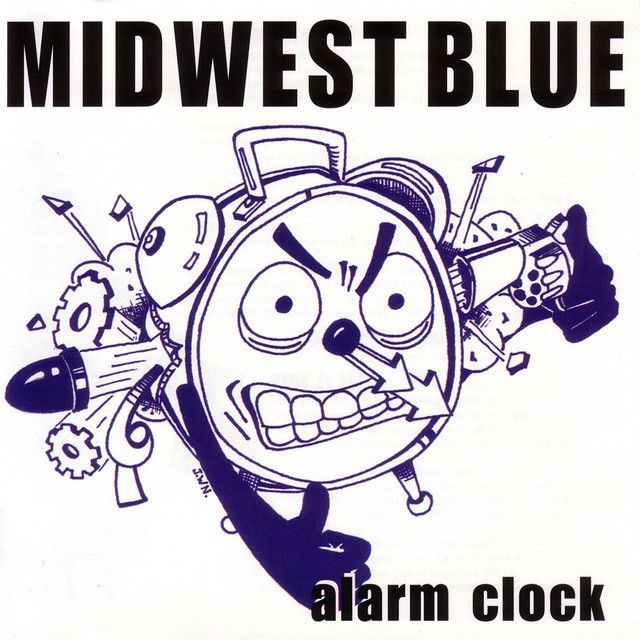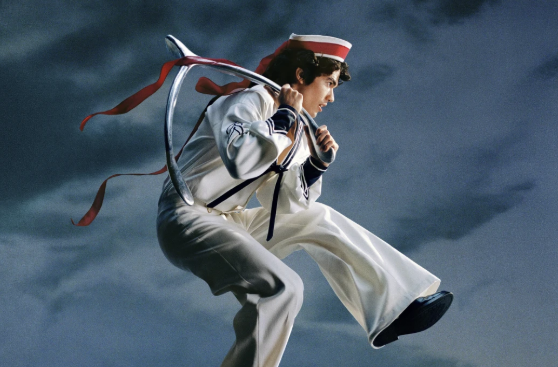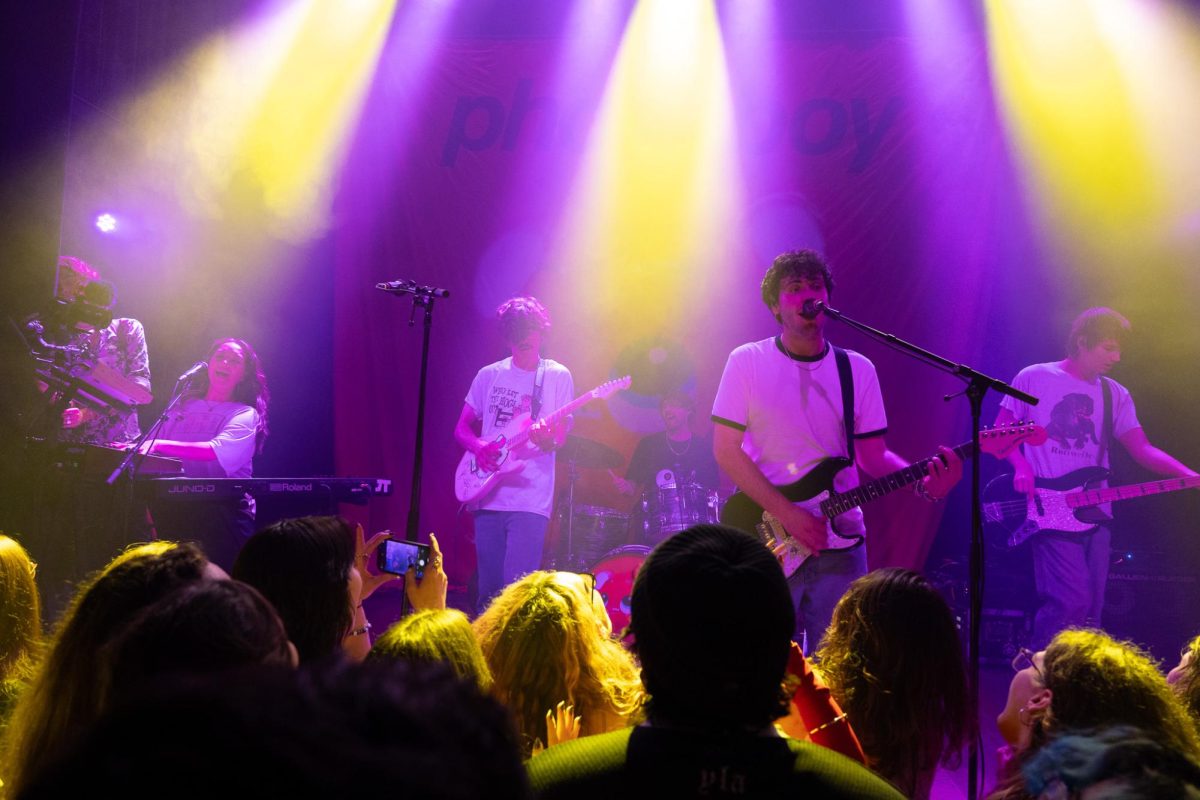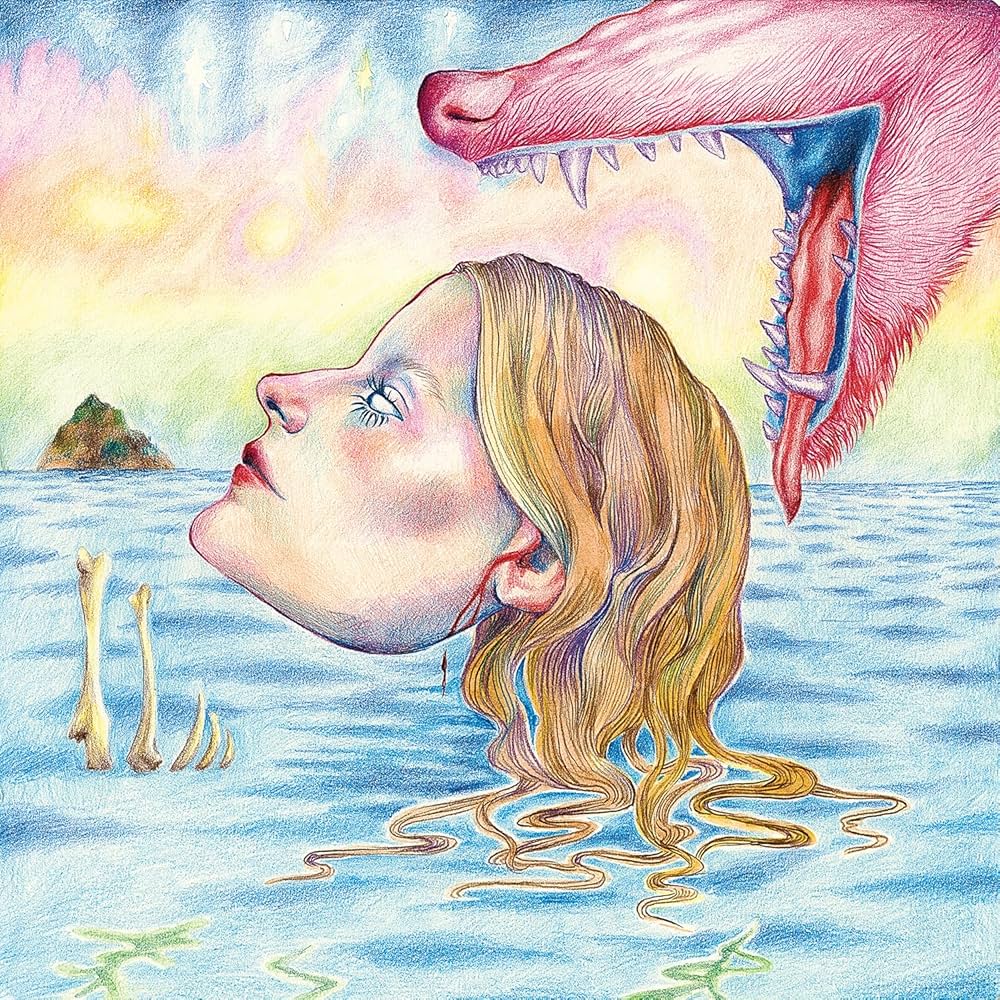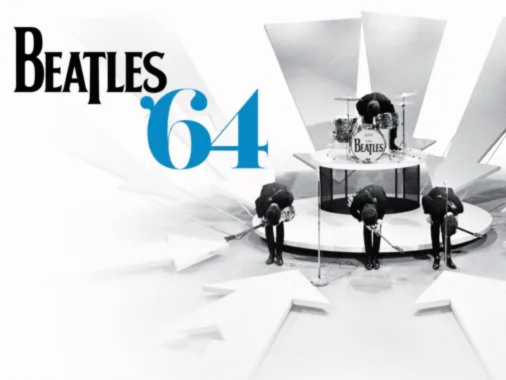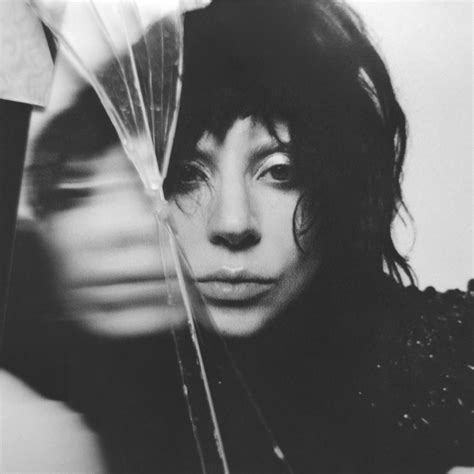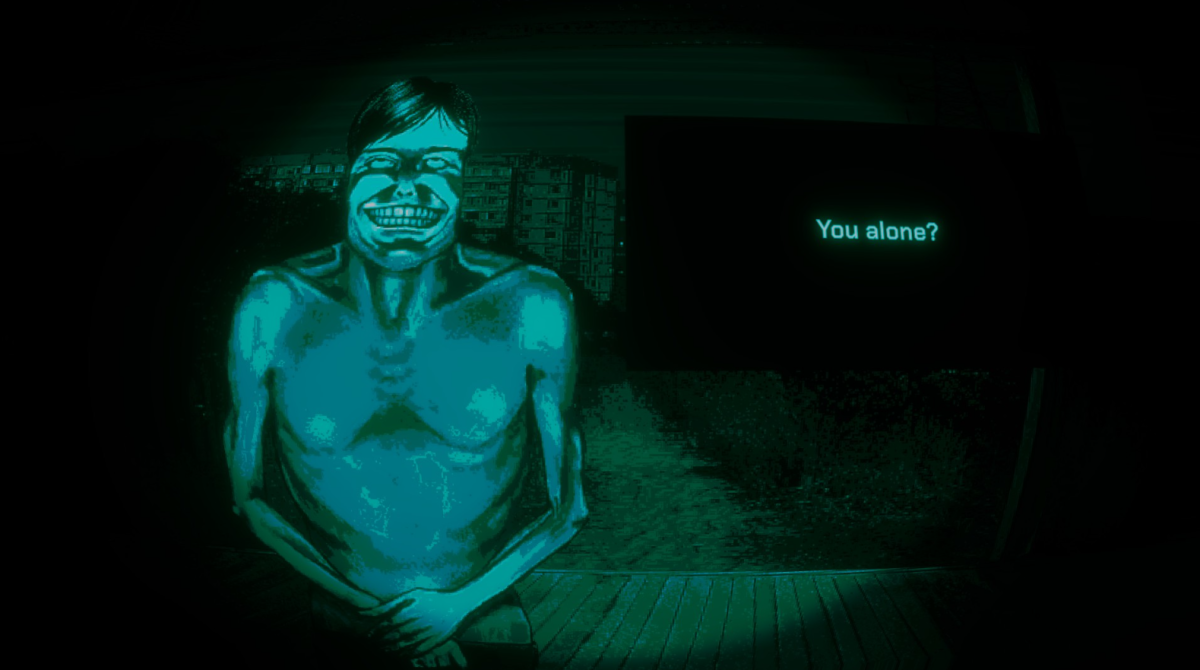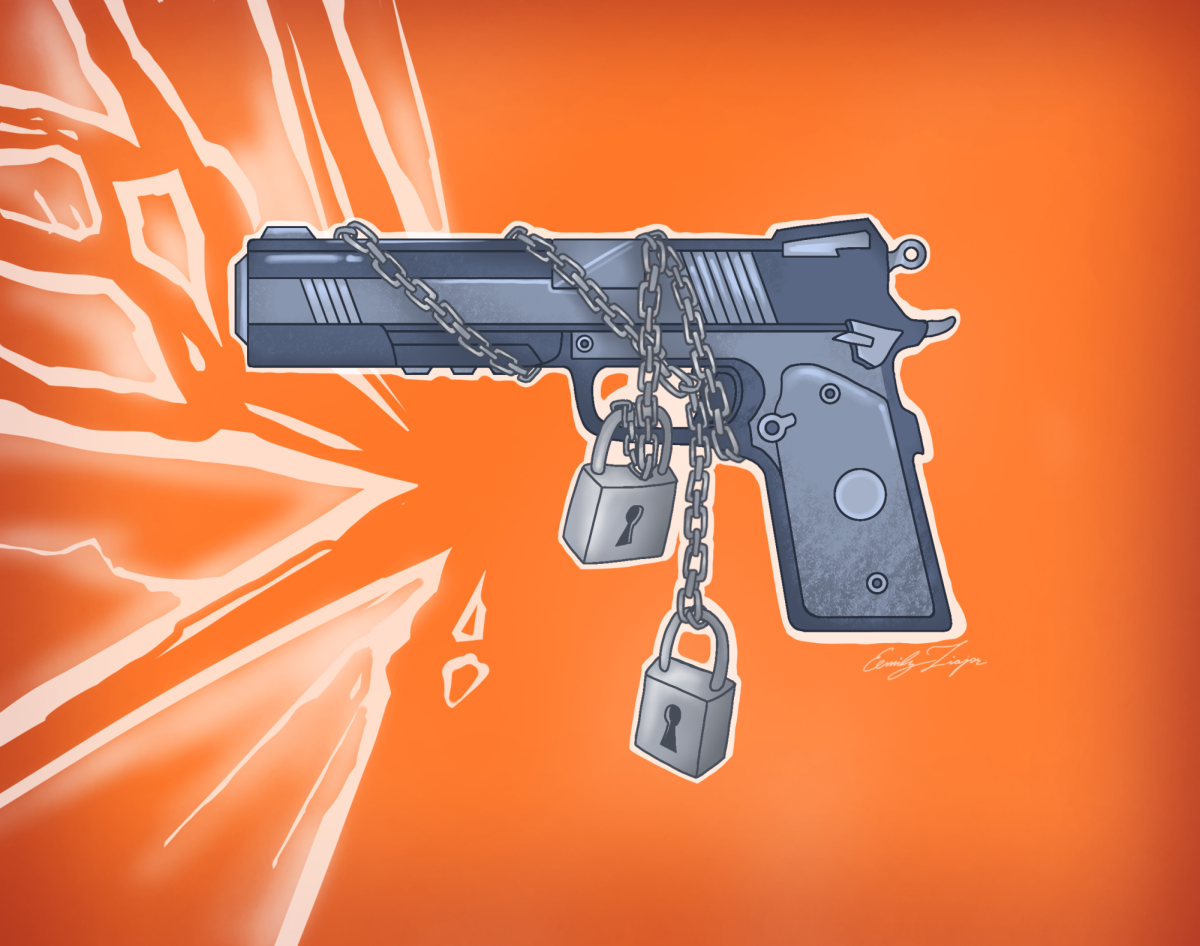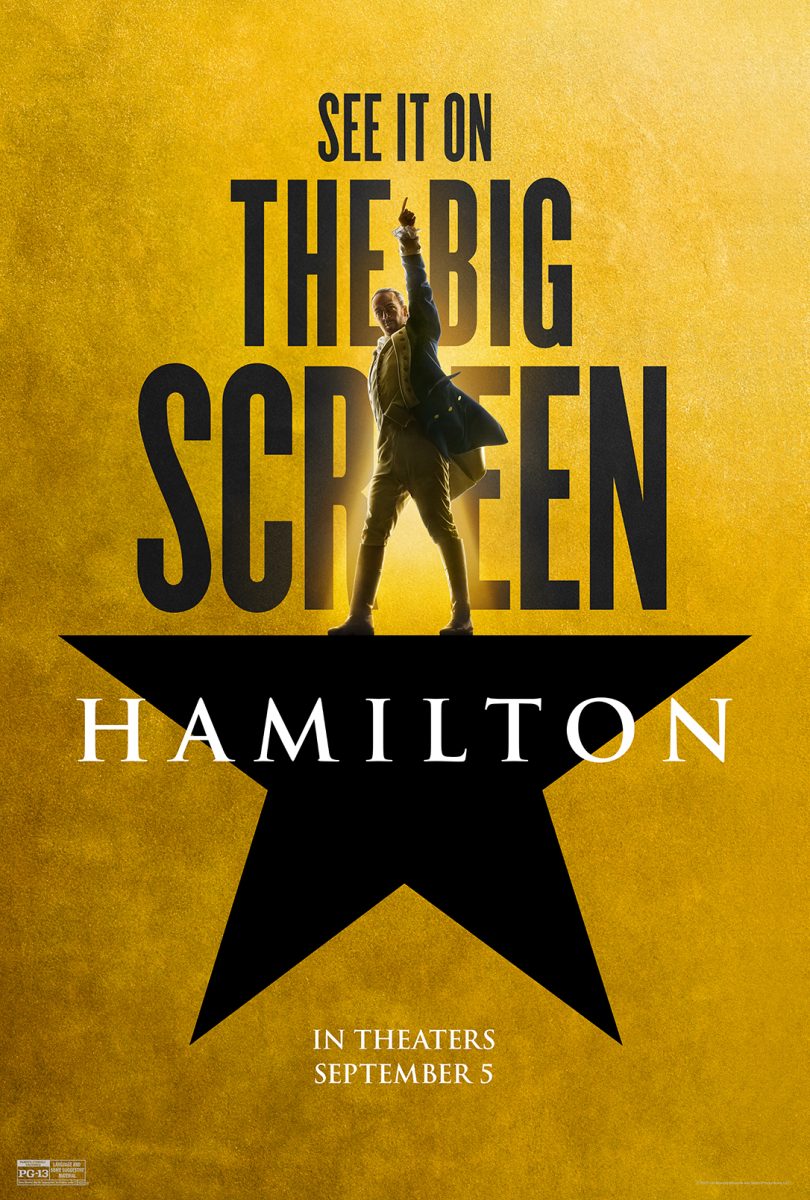Alan Moore encapsulated our ongoing war with time and how to best use it in his groundbreaking graphic novel, “Watchmen,” stating, “There is no future. There is no past, Do you see? Time is simultaneous, an intricately structured jewel that humans insist on viewing one edge at a time when the whole design is visible in every facet.”
Such sentiments can be found in a small Chicago pop-punk band’s dealings with time and how its relativity and importance can be mute, especially when filtered through individuals with age.
The “Alarm Clock” EP was released by Chicago pop punk/emo quartet, “Midwest Blue,” on Johann’s Face Records, originally a stand-alone EP in 2004 but re-released as part of a larger collective known as “sides” along with another out-of-print EP on Dec. 22, 2006. The band includedAaron Krause on drums, Sam Swanson (also of Chicago acoustic pop punk/emo band, “Dormlife”) on vocals and guitar, Ryan Mazalewski on bass and Scott Steele on guitar.
Given its more “independent” nature and very concentrated sound, the EP holds up against the very time it opposes thematically throughout the entirety of the album. Three out of four of the tracks are well-structured and precisely capture the band’s knowledge of crafting music that is not only cohesive, but welcoming to even mainstream pop listeners.
“Alarm Clock” initiates the EP, enticing the listener via melody. At face value, the track is nothing more than your average emo/pop punk track. However, Swanson’s vocals and lyrics punch the track up majorly, deconstructing the ideal of growing older and being an adult who “does what they want to.” As the track progresses through each melody, vocalist, Sam Swanson dissolves adult idealism by citing indecisiveness, subtly referencing consequences to decision making, rushing for time, even though he has enough to do what he wants with it, all relatable difficulties even present to us. The chorus even melancholically harmonizes how being grown up is “over-rated/no time to decide what’s wrong or right.”
“No Return” ties in and immediately establishes a new rhythm. The well-rounded lamentation track begins with one melody and quickly transitions into the next, emulating Swanson’s lyrical theme of capitalizing on opportunities, but he won’t return home due to his dedication and desire to develop sounds and make music. In the later half of the song, the band subtly highlights individuals who desire one home and who are on the road but can’t keep up with the demands of dedication to their craft.
“Set It Free” is the lyrical follow-up but musical departure of the EP. The song is stagnant and can’t find its footing until the later half when Swanson and Steele experiment on guitars and harmonize a micro-melody. Even with the experimental unclean screams in contrast to Swanson’s more melancholic chorus, it is not enough to save what is either an undeveloped track or an honest failed attempt to conform to what was popular for the times.
“Luck Of The Draw” returns to the band’s quintessential Chicago pop-punk sound and makes up for the previous track’s flaws. The track begins with a “Showoff”-esque rhythmic chord structure and evolves as Swanson delivers his most impactful performance on the EP. Lyrically, the track revisits time and its consequences involving failure and the way the mind plagues one in the transition between adolescence and adulthood. The timing and melodic progression are intensely precise and Swanson’s vocal build-up over the course of the song is perfect, making it one of my personal favorites on the EP.
Though Midwest Blue and Swanson only continued for a number of years and never amounted to much, the EP is a wonderful demonstration of talents and exploration of the “time construct,” consistently constricting even those of us who have little to worry about. Whatever time Midwest Blue might have had together, it was an effort and “time well spent.”
4/5



